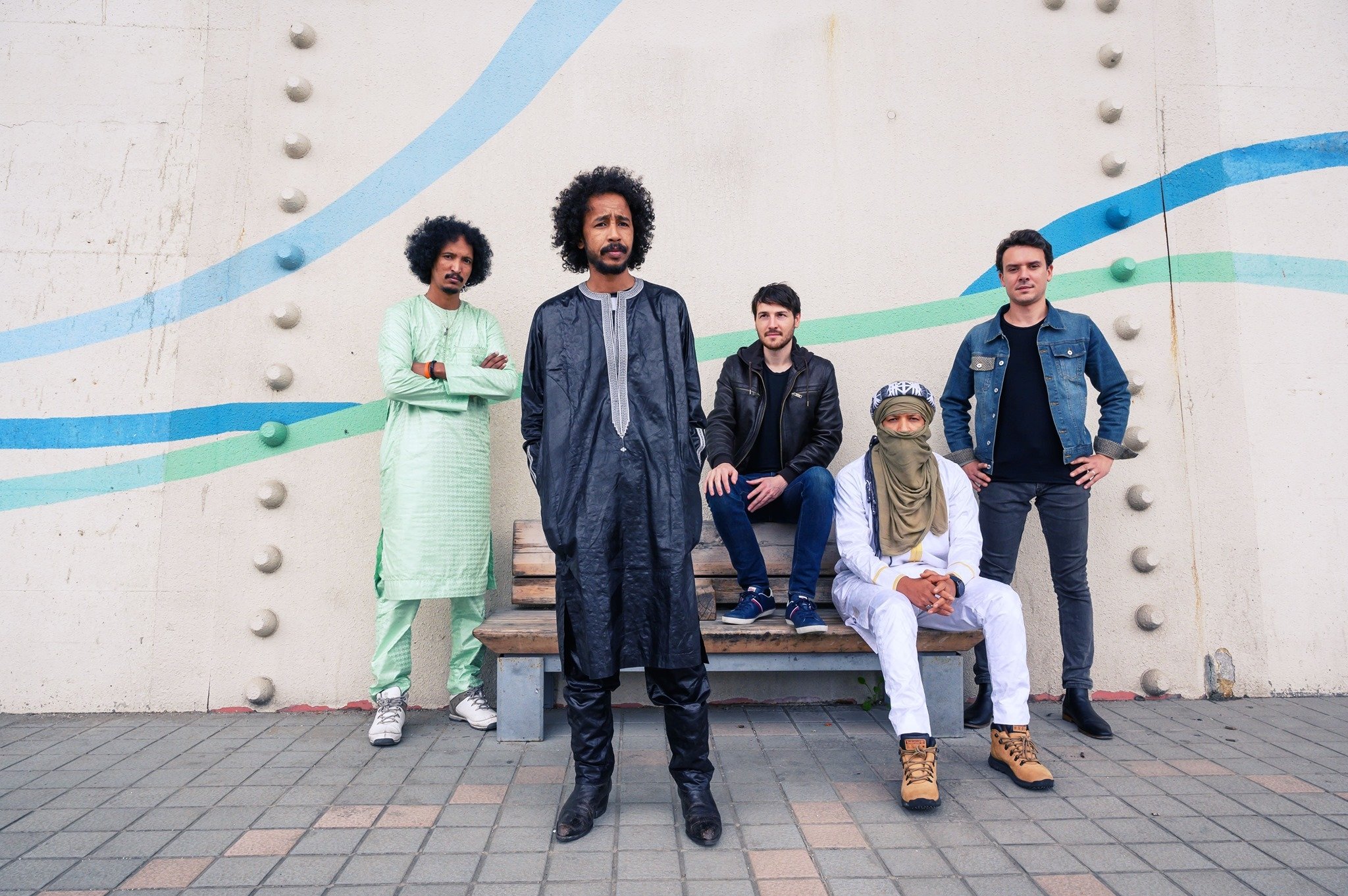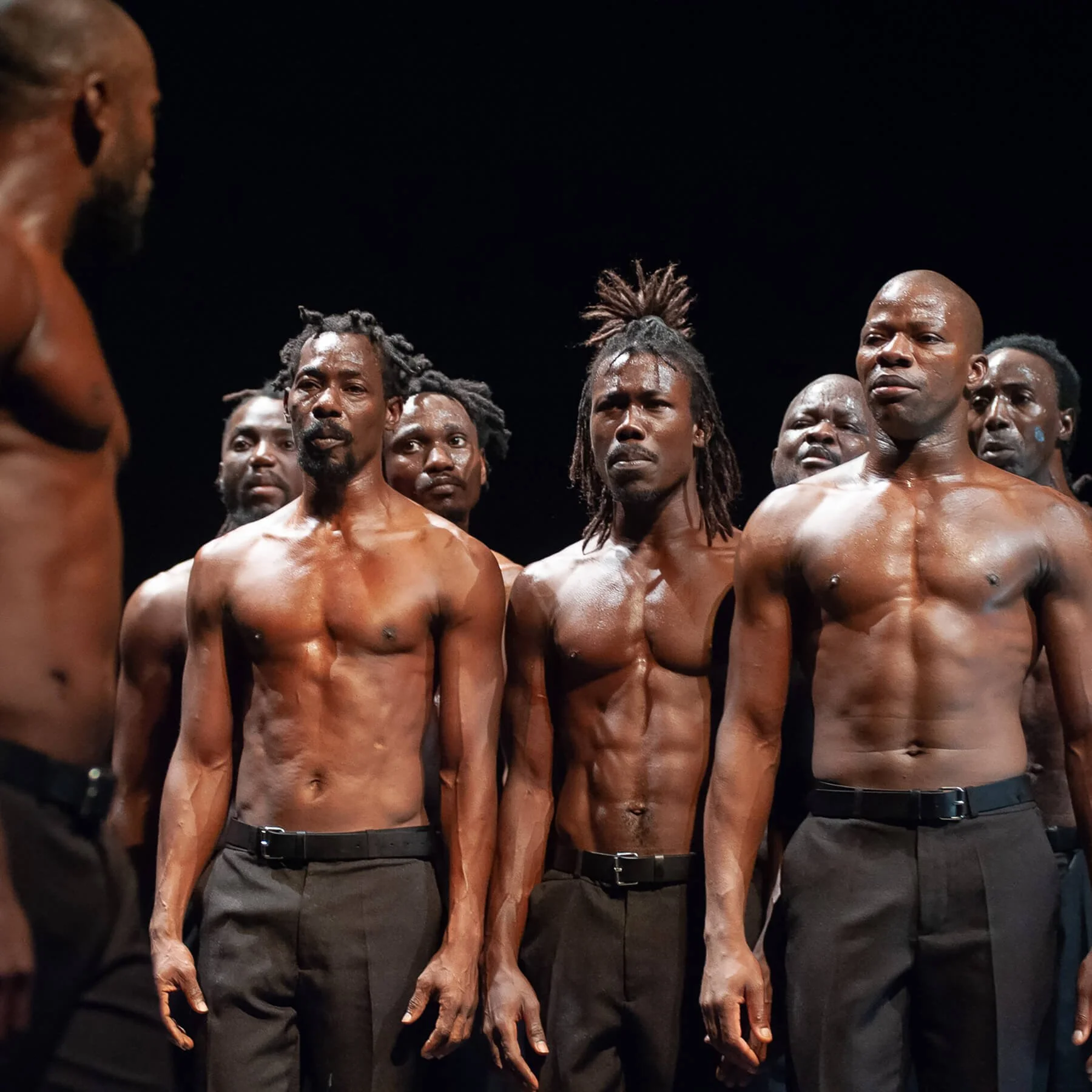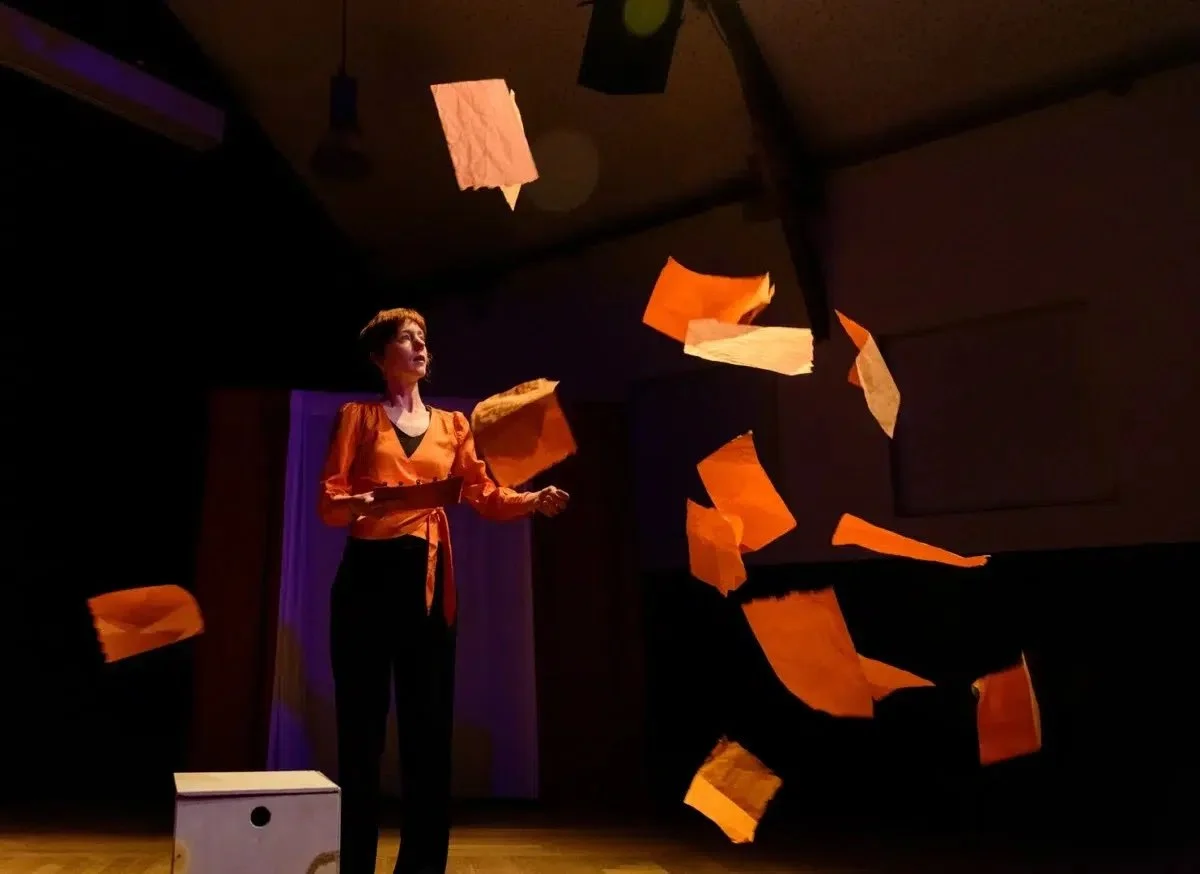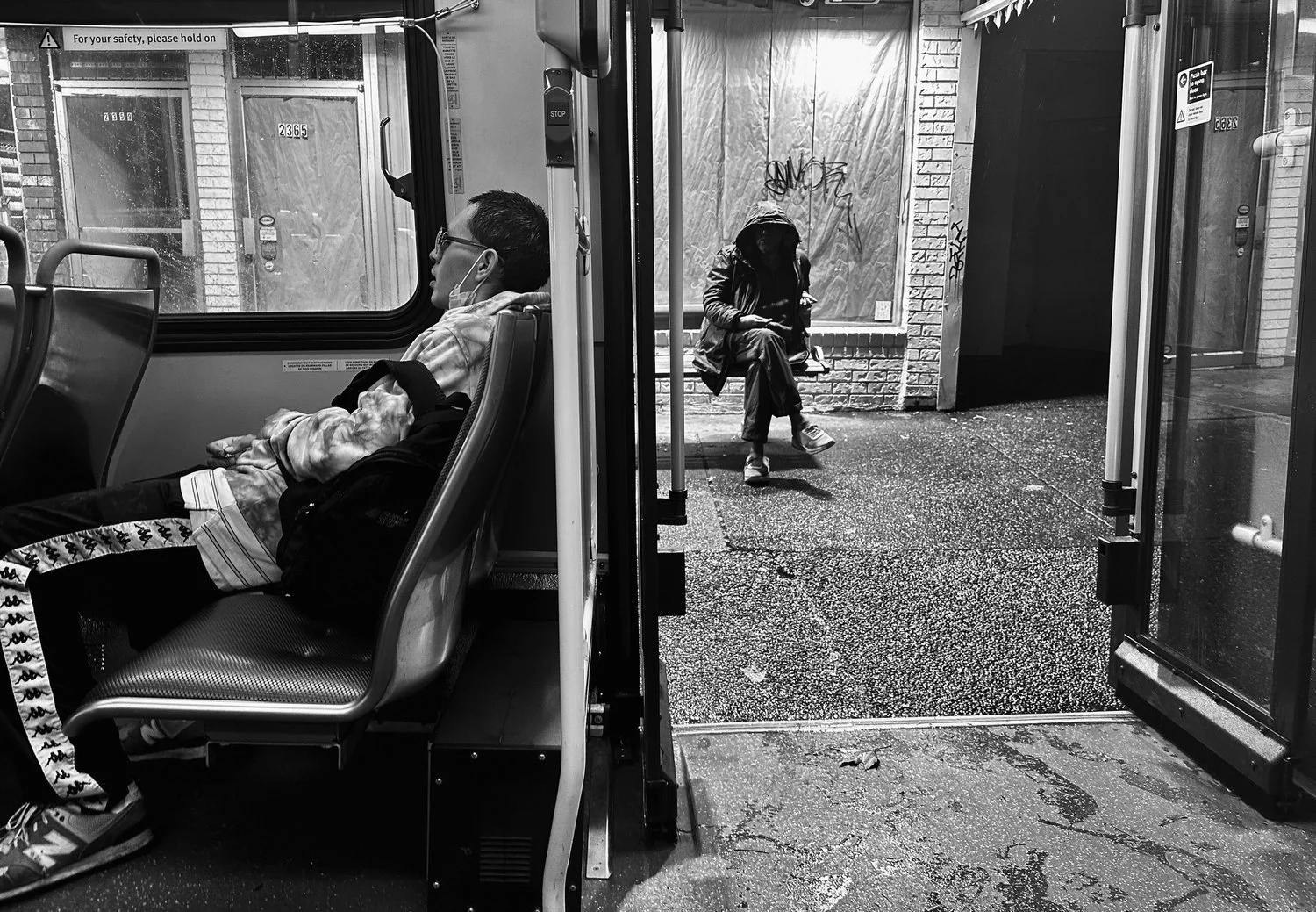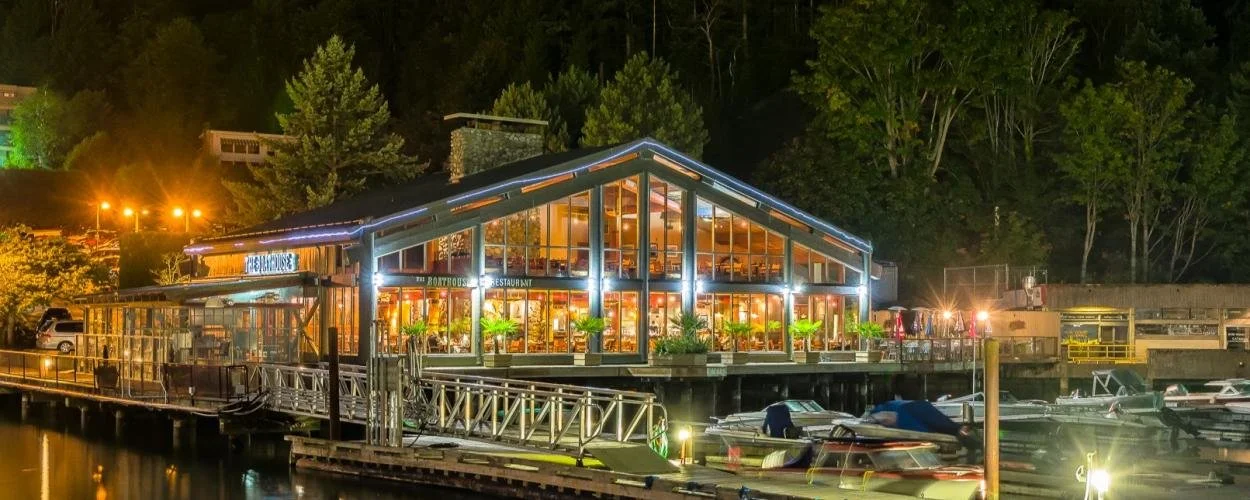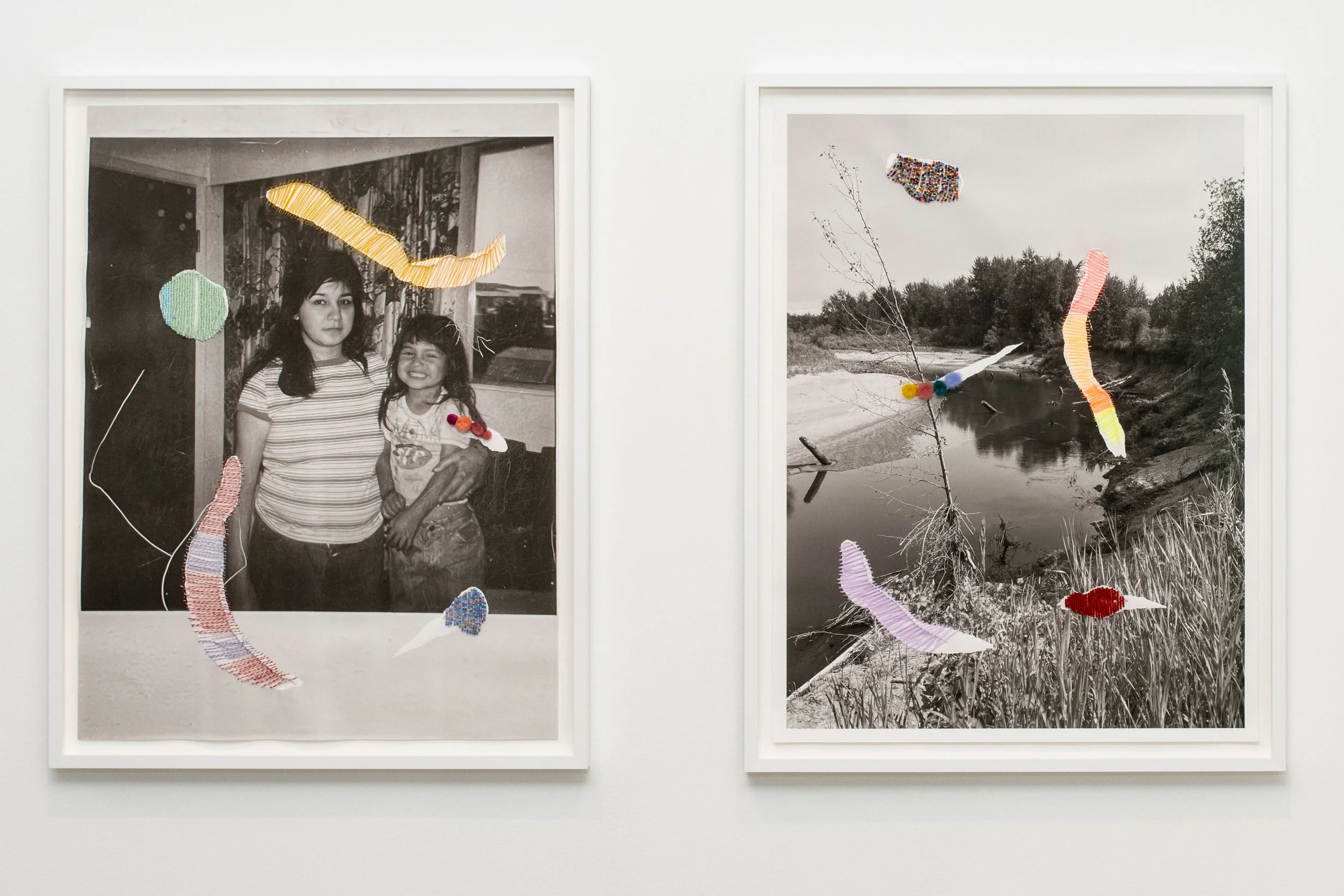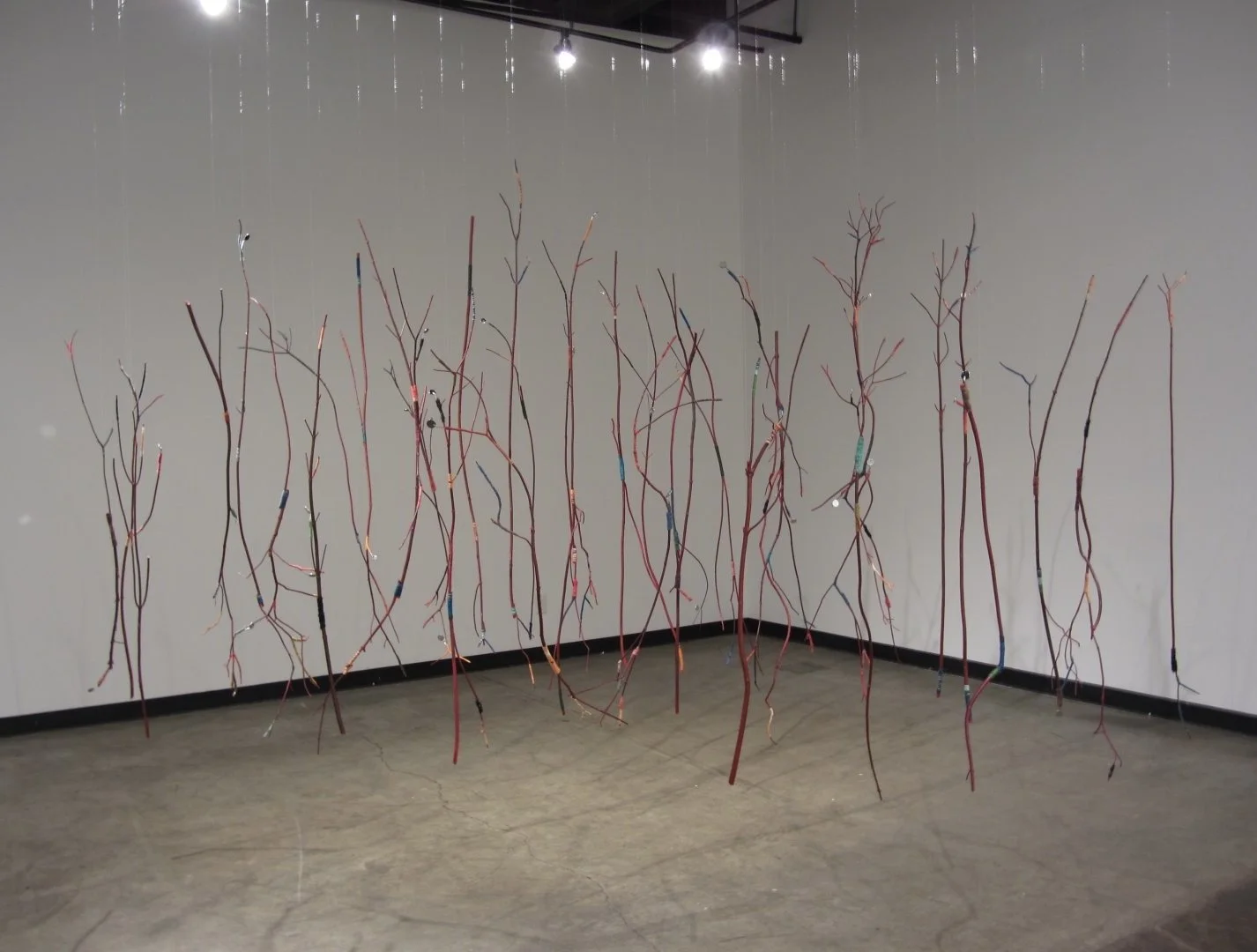In a troubling trend, African-based world-music collective Tamikrest's local concert cancelled
Difficulty obtaining artists’ visas cited as cause for cancellation at The Massey Theatre—reflecting similar issues that have affected global performances in Canada
Tamikrest.
IT’S A SCENARIO that has played out frequently in recent months: artists scheduled to perform in Vancouver being forced to cancel at the last minute because of trouble obtaining visas in time, if at all.
This just happened to Tamikrest, a world-music collective that was formed in Kidal, in northern Mali. Made up of musicians from Mali, Niger, Algeria, and France, the group was to perform at The Massey Theatre on May 26.
“Due to circumstances beyond our control regarding artists visas, the upcoming performance of Tamikrest on May 26 has been cancelled,” a Massey statement says. “Please consider exchanging your tickets to a performance in our 2023-24 season. The line up can be found at https://www.masseytheatre.com/announcing-our-2023-2024-season/. For refunds please contact MasseyTheatre at 604-521- 5050, admin@ticketsnw.ca.”
Earlier this month, DanceHouse had to cancel performances of The Sacrifice by South Africa’s Dada Masilo due to visa issues.
The 2023 Vancouver International Dance Festival had to cancel the North American premiere of OMMA by Hungarian-born Paris-based artist Josef Nadj because of visa problems. The ensemble piece featured a group of dancers from Mali, Senegal, Côte d’Ivoire, Burkina Faso, Congo-Brazzaville, and the Democratic Republic of the Congo.
In January of this year, the PuSh International Performing Arts Festival had to cancel because i love the diversity (this micro attitude, we all have it) due to what the organization called “unreasonable delays regarding the approval of artist visa applications”. With roots in India and Belgium, the production was to be a collaboration by PuSh artist-in-residence Rakesh Sukesh and Vancouver playwright Marcus Youssef. Sukesh was due to arrive on January 8 and have a two-week residency here.
“Sadly, despite government officials advocating for the Festival and Rakesh, IRCC (Immigration, Refugees and Citizenship Canada) has yet to approve his visitor visa, which he applied for in August, 2022, PuSh director of operations Keltie Forsyth and interim director of programming Tom Arthur Davis said in a statement at the time. “We are saddened by these circumstances, especially for Rakesh who would have offered a beautiful new work to Vancouver audiences,” Despite PuSh’s interests in programming works from the Global South, Canada’s immigration policy is blocking opportunities for international exchange and collaboration. The Festival has had similar issues this year with other artist visas, which came in at the eleventh hour (including artists from Africa and South America). This isn’t an anomaly and speaks to the power and privilege that Global North countries hold and enact.”
Rakesh Sukesh. Photo by Irene Occhiato with artwork by Irene Narys.
These situations are not new. In November 2022, the Canadian Association for the Performing Arts held an online symposium called Visitor Visas and International Artists: Delay Issues (and ways to work around them). David Lavoie, general director of Festival TransAmériques, shared “nightmare visa stories” as well as how the fest managed to resolve many of them.
According to the Canadian Association for the Performing Arts, the issue became more prevalent in 2018, with the deployment of a network of visa application centers outsourced to VF Worldwide Holdings by IRCC; at the same time, biometrics requirements were implemented.
“Initially, the problem was primarily one of high refusal rates,” the association relayed. Now, it also takes the form of processing delays of up to five months.
In 2019, the Festival TransAmériques reported having to devote 350 hours of work to save five shows from being cancelled because of visa delays. Had it not found ways around the problem, the organization could have lost up to $150,000 in box-office revenues, in addition to logistics expenses, according to Lavoie.
Among the many potential reasons for visa issues, the Canadian Association for the Performing Arts found, is the fact that, once an application is approved, the visa must be physically stamped into the applicant’s passport. This means the passport has to be mailed and returned, lengthening the processing times by several days if not weeks.
“Finally, artists can be subject to systemic denials,” the association states. “The criteria for granting visas are based on the applicant’s ‘current employment status,’ among other things. This can put artists at a disadvantage because most are self-employed workers.”
The November 2022 discussion gave rise to many ways to address visa issues, including the suggestion that IRCC recognize the importance and value of presenting foreign artists in Canada from the standpoint of reciprocal cultural exchange and the economic benefits of internationally renowned festivals and presenting organizations. “Arts and culture are foreign policy assets,” affirmed the Standing Senate Committee On Foreign Affairs And International Trade in its 2019 report on cultural diplomacy.
The association recommends that Canadian organizations presenting artists from abroad register the performance at least six months beforehand with IRCC’s Special Events Unit, which was formed in 2019. In the case of a tour, registration is normally done by the group presenting the first performance in the country.
If the artists have still not received their visas 10 weeks prior to the performance, or if one of the visa applications has been denied, the association recommends seeking follow-up assistance at the political level, including contacting the office of the Minister of Canadian Heritage and requesting a policy advisor intervene with the IRCC.



